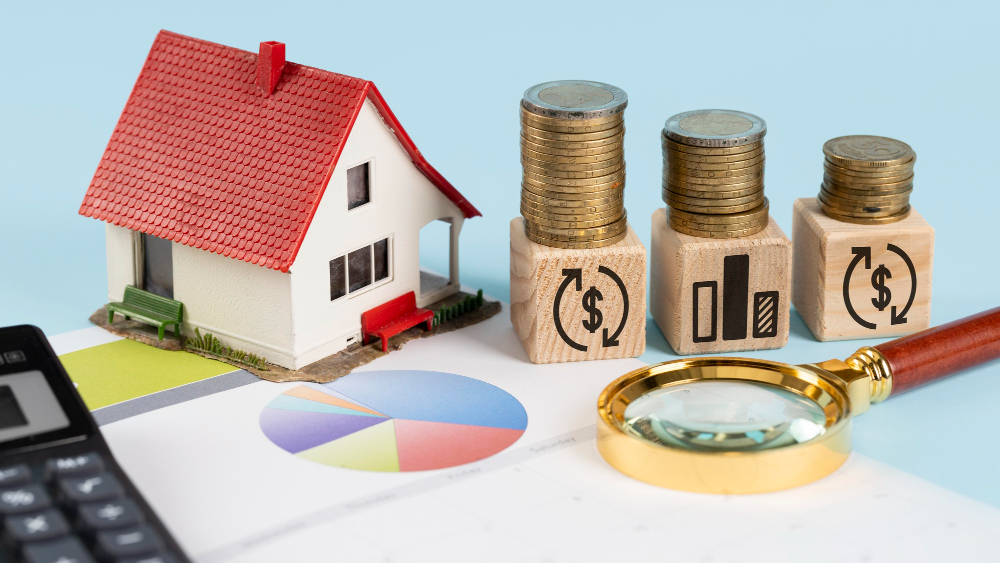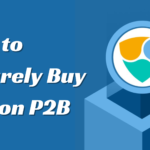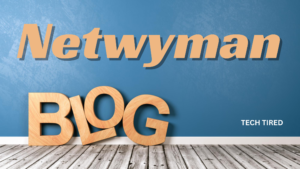How Technology is Transforming the Mortgage Industry
The mortgage industry, once known for its tedious paperwork and lengthy approval processes, has been revolutionized by technology. The rise of digital platforms, artificial intelligence, and blockchain has significantly streamlined home loan applications, making homeownership more accessible than ever. With advanced data analytics, lenders can now assess borrower risk more accurately, reducing delays and increasing approval rates. For those seeking affordable financing, options like an fha home repair loan have become easier to access, thanks to innovative digital tools. This transformation is not only enhancing efficiency but also creating a more transparent and customer-friendly lending experience.
AI and Automation: Redefining Mortgage Processing
The combination of artificial intelligence (AI) and automation tools substantially decreases the duration and operational workload involved when processing mortgage applications. Historically underwriting loans necessitated both laborious paperwork and repeated manual verification tasks and manual data entry. AI algorithms currently process credit scores along with employment history and income patterns to give borrowers real-time pre-approval decisions within seconds. The application assessment process now employs artificial intelligence, eliminating human mistakes while delivering unbiased application assessments to every candidate.
Modern lending operations depend heavily on chatbots and virtual assistants as tools that benefit lenders and borrowers. AI tools powered by artificial intelligence systems offer immediate help to customers by responding to their questions, helping them select loans, and detecting their future financial issues. Homebuyers no longer need to endure lengthy loan officer delays since they can now get instant feedback and custom mortgage recommendations that fit their financial picture.
The automation process includes automated document verification, which reduces the workload for borrowers. The combination of optical character recognition (OCR) technology enables lenders to read scanned documents, automatically eliminating manual data entry requirements. Mortgage approvals proceed more rapidly thanks to this technology, while the system operates with higher accuracy to avoid application delays.
Blockchain and Enhanced Security in Mortgage Transactions
Mortgage lending security remains a primary concern because financial transactions require protecting sensitive personal and financial information. Blockchain technology protects mortgage data through secure systems that bring together greater transparency during mortgage transactions. Through decentralized ledgers, blockchain maintains an immutable record of loans that relevant stakeholders can access transparently, strengthening security against manipulations and mistakes.
Through blockchain technology, smart contracts are reshaping how mortgage agreements are processed. The automatic execution capability of digital contracts performs loan term fulfilment when specified conditions are met, thus eliminating intermediary parties while minimizing processing expenses. The lending process delivers accelerated loan transactions and reduced paperwork requirements, creating an efficient borrowing experience.
Through blockchain technology, the verification process for property titles has become significantly more efficient since traditional home financing has depended on this stage being time-consuming. The storage of property records on the blockchain allows buyers and lenders to perform swift ownership background checks alongside lien disclosure verification, minimizing transaction disputes and enabling smooth deals.
The Future of Digital Mortgages
Technology advancements will substantially modify the mortgage industry over the coming years. Predictive analytics enables lenders to identify upcoming market trends, interest rate shifts, and borrower conduct patterns, allowing them to create competitive loan packages. Through data analytics, lenders can develop customized mortgage solutions that match individual borrower requirements and expand property ownership opportunities.
The home buying process includes the growing use of virtual and augmented reality (VR and AR). Homebuyers now experience virtual tours of properties that let them view homes without requiring physical location visits. The new system reduces processing time while enabling buyers to acquire better information for upcoming home purchases.
Mobile mortgage applications transform the industry through their ability to provide borrowers with instant access to loan information document upload capabilities and real-time tracking of their application status. Through smartphone-based mortgage application tools, borrowers gain enhanced control throughout the loan process, eliminating geographical limitations and shortening application durations.
Conclusion
Today’s mortgage industry experiences a digital transformation that changes the complete loan application process from initial submission to approval. AI automation and blockchain technologies offer home financing at record speeds while providing maximum security and expanded accessibility. Technological advances will deliver borrowers an increasingly simple mortgage process with improved transparency and shorter waiting times. Digital tools now give homebuyers unprecedented access to traditional loans and government-backed financing programs, enabling more people to achieve homeownership.

















